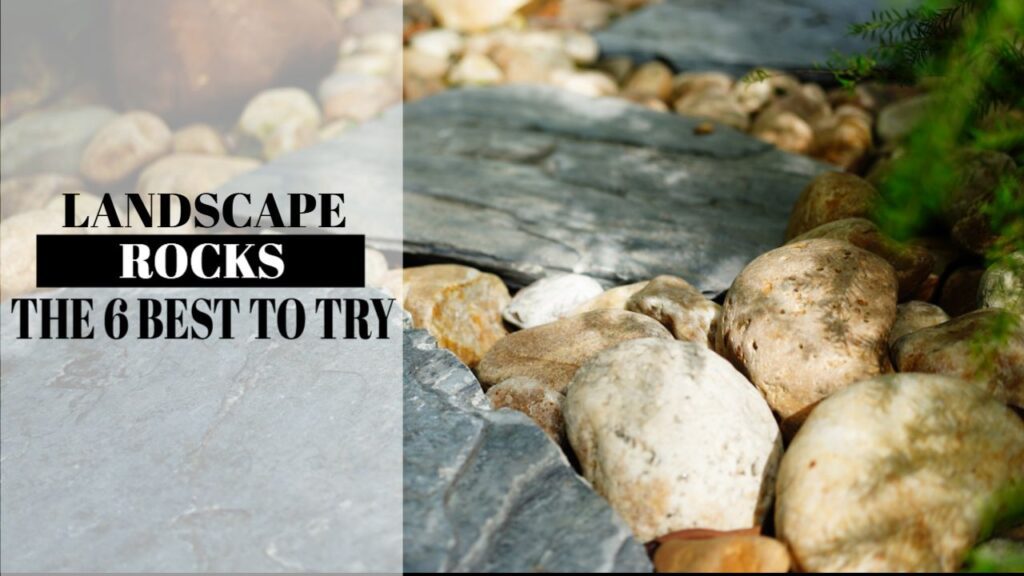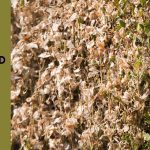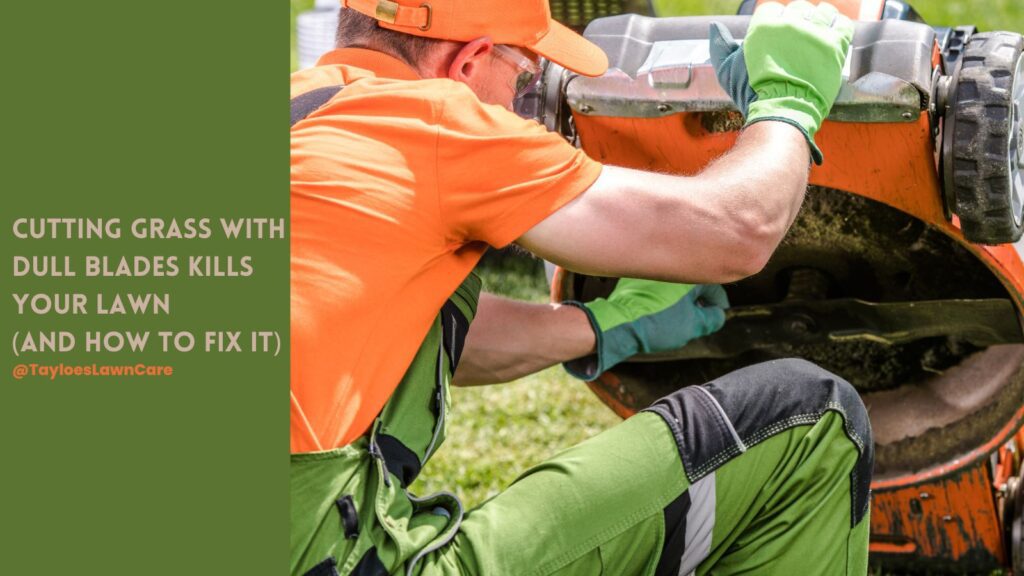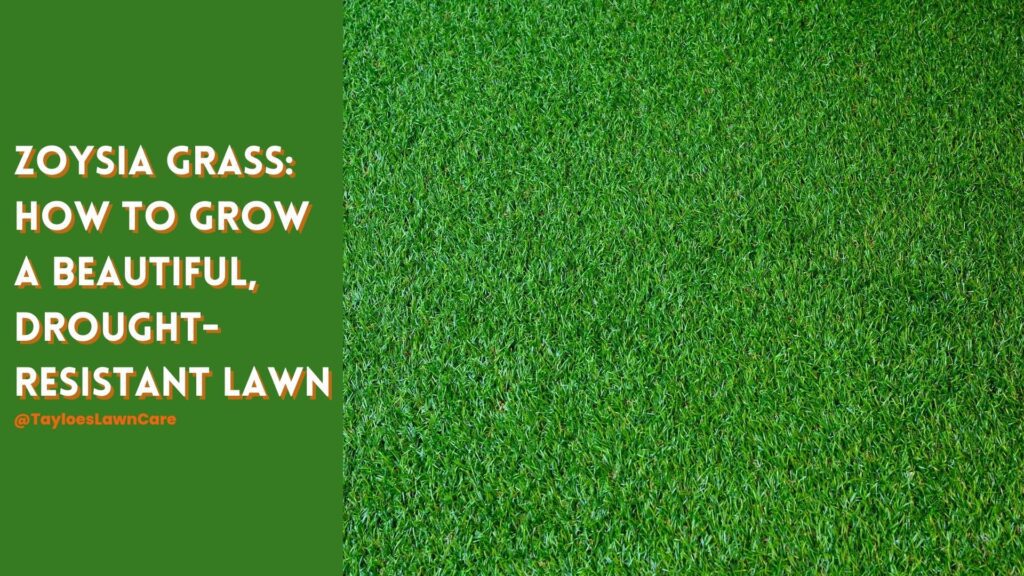Last Updated on: 25th February 2024, 08:01 am
Bermuda thrives in a hot, humid climate like eastern NC.
Bermuda grass is a perennial grass species that is native to Africa but is now a worldwide favorite. Its Latin name is Cynodon dactylon, also known as devil’s grass, couch grass, and wiregrass. This grass has been a popular choice for backyard lawns, golf courses, and playgrounds due to its adaptability, low maintenance requirements, and resilient nature.
Bermuda grass enjoys widespread popularity because it is one of the best drought-tolerant grass speices. It’s heat tolerance and ability to “bounce back” after hot and dry spells make it perfectly suitable for the southeastern United States.
Bermuda Grass Has a Fantastic Appearance
Cynodon dactylon has a fine texture and spreads rapidly by underground rhizomes (roots) and above-ground stolons (runners). Its leaves are flat and narrow. The leaves can vary in color from light green to dark green depending on the variety and the growing conditions. Bermuda grass can grow up to six inches tall and produces small spikelets.
How to Plant Bermuda Grass
Interested in a golf course quality lawn? Here are the steps to get that lucious look:
- Soil Preparation: Bermuda grass prefers well-draining soil with a pH between 6.0 and 7.0. Before planting, it is important to prepare the soil by removing any debris or rocks, tilling the soil to a depth of at least six inches, and adding any necessary soil amendments, such as compost or fertilizer.
- Planting: You can plant this species from either sod or seed. Sod is the quicker and more reliable option, but it is considerably more expensive. If you choose to plant seed, make sure to follow the recommended seeding rate and planting depth. It is also critical to keep the soil consistently moist until the seeds germinate.
- Watering: Bermuda grass requires regular water to establish a strong root system. Water deeply and infrequently, allowing the soil to dry out slightly between waterings. Once the grass is established, reduce watering to once or twice a week, depending on your local climate and soil conditions.
Bermuda Grass Care and Watering Needs (After the lawn is established)
This durable grass requires full sun and well-draining soil for optimal growth. It is a warm-season grass that thrives in warm to hot temperatures and prefers USDA plant hardiness zones 7 to 10.
Cynodon dactylon can tolerate drought conditions–it could turn dormant and lose its vibrant color, but the roots will survive and come back with the first decent rainfall. In other words, it needs regular watering to maintain its green color and growth rate. When watering Bermuda grass, it is vital to do so deeply and less often to support healthy root growth. Shallow watering can lead to shallow root growth and weaken the grass.
Bermuda grass also benefits from regular fertilization. To promote healthy growth, plan to apply a well-balanced fertilizer with equal portions of nitrogen, phosphorus, and potassium about every six weeks during the growing season. In addition, it is essential to mow Bermuda grass regularly to keep it at the desired height and prevent thatch buildup.
The mowing height should be around two inches depending on the variety and your preferences.
6 Excellent Reasons to Grow Bermuda Grass
- Drought-resistant: Bermuda grass is well-known for its drought-resistant nature, which makes it an ideal choice for lawns in areas with low rainfall or water restrictions. Its deep root system and C4 photosynthesis mechanism enable it to tolerate extended periods of drought while maintaining its green color and growth rate.
- Adaptability: Bermuda grass is adaptable to various soil types, including sandy, loamy, and clay soils. It also thrives in full sun, making it an excellent choice for lawns with direct sunlight exposure.
- Rapid growth: It is a fast-growing grass species that can establish quickly in a lawn. It spreads rapidly through underground rhizomes and above-ground stolons, which can quickly fill bare spots and create a dense turf.
- Low maintenance: Bermuda grass is a low-maintenance grass species requiring minimal care. It does well with regular mowing and fertilization and can tolerate heavy foot traffic, making it a top pick for high-traffic lawns (i.e., it’s the best grass species for yards with pets or kids).
- Pest and disease resistance: This species is resistant to many common lawn pests and diseases, such as chinch bugs, armyworms, and brown patch fungus. This can reduce the need for chemical treatments and help maintain a healthy lawn.
- Aesthetic appeal: Cynodon dactylon has a fine texture and can create a lush, dense turf that is aesthetically pleasing. Its narrow leaves and fine blades give it a manicured appearance, making it a popular choice for golf courses and other high-end landscapes.

The Takeaway: Bermuda Grass Is Ideal for Northeastern North Carolina
This grass species is helpful for lawns, golf courses, playgrounds, and sports fields due to its adaptability, low maintenance requirements, and drought-resistant nature. It requires the full sun, well-draining soil, regular watering, fertilization, and mowing to maintain its health and appearance. Its deep root system and C4 photosynthesis mechanism enable it to tolerate drought conditions, making it an excellent choice for areas with low rainfall or water restrictions.
If you loved this information about Bermuda grass, be sure to connect with us on Facebook @TayloesLawnCare so you can receive updates on all our lawn care, gardening, and landscaping content.
Author Profile

- Deborah Tayloe is the CEO and co-founder of Tayloe's Lawn Care Services, LLC. She has a B.S.Ed and holds certificates in soil and water management and herbology from accredited programs.
Latest entries
 Trees and ShrubsApril 22, 2025Boxwood Blight: Early identification and isolation
Trees and ShrubsApril 22, 2025Boxwood Blight: Early identification and isolation Flower GardenApril 8, 2025John F. Kennedy Rose: Hybrid tea rose with elegant white blooms
Flower GardenApril 8, 2025John F. Kennedy Rose: Hybrid tea rose with elegant white blooms Vegetable GardenMarch 24, 2025Trellis vegetables provide an abundant vertical garden harvest
Vegetable GardenMarch 24, 2025Trellis vegetables provide an abundant vertical garden harvest GardeningMarch 17, 2025Are coffee grounds good for compost?
GardeningMarch 17, 2025Are coffee grounds good for compost?






